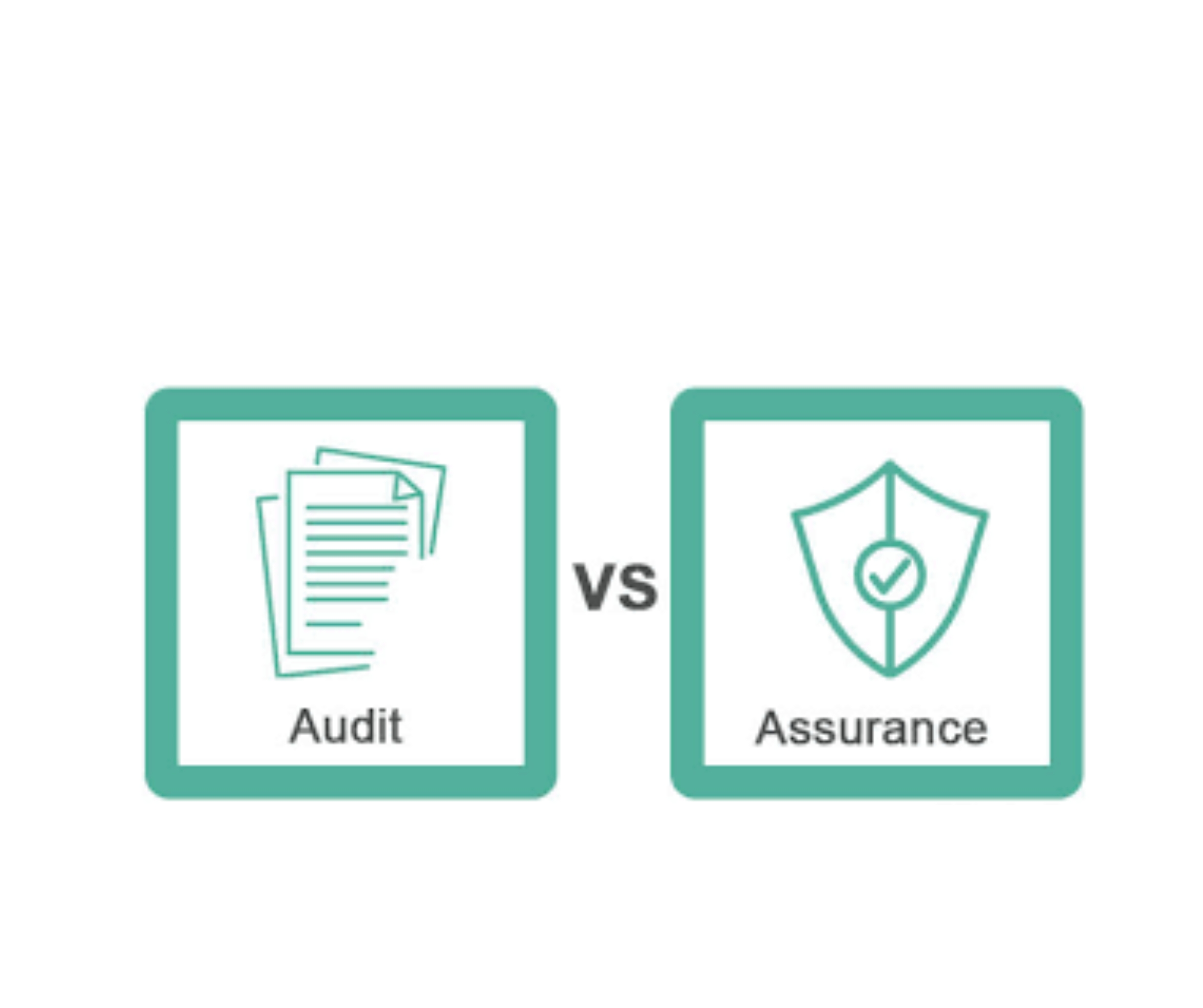 Assurance And Internal Audit
Assurance And Internal Audit
Assurance and internal audit are related concepts, but they have distinct purposes and scopes:
Assurances:
Assurance engagements are conduct by external or internal auditors, or other independent professionals, to provide objective assessments and conclusions on the reliability, accuracy, and compliance of information or processes.
The objective of assurance is to enhance the confidence of stakeholders, such as shareholders, investors, regulators, and the public, in the subject matter being assess. Assurance engagements can cover a wide range of areas, including financial statements, internal controls, risk management, sustainability reporting, and more.
Assurance engagements are often conduct base on professional standards and guidelines, such as International Standards on Assurance Engagements (ISAE) or country-specific standards.
Internal Audit:
Internal audit is an independent and objective activity carried out within an organization. It is design to add value and improve an organization’s operations by evaluating and enhancing the effectiveness of risk management, internal controls, and governance processes.
The primary focus of internal audit is to provide assurance to management and the board of directors regarding the adequacy and effectiveness of controls, risk management, and governance processes within the organization.
Internal audit is conduct by internal auditors who are employees of the organization, but they maintain independence and objectivity in their assessments.
Internal audit engagements are performed based on internal audit standards and guidelines, such as the International Standards for the Professional Practice of Internal Auditing (IPPF) issue by the Institute of Internal Auditors (IIA).
In summary, Assurance vs Internal Audit: assurance engagements are typically conduct by external or internal auditors to provide independent assessments and conclusions on the reliability and compliance of information or processes, while internal audit is an ongoing internal function that evaluates and enhances the effectiveness of risk management, internal controls, and governance processes within an organization.
To visit: https://www.mca.gov.in/

